Supporting an enabling social enterprise ecosystem in Senegal
Location Senegal
Duration 2022- 2025 (36 months)
Project leader Comunità Impegno Servizio Volontariato (CISV)
Partners RETE ONG – Associazione di tecnici per la solidarietà e cooperazione internazionale, LVIA – Associazione Internazionale Volontari Laici, Mercato Circolare, Centro Interdipartimentale di Ricerca e Cooperazione Tecnico Scientifica con l’Africa (CISAO), Centre d’Appui à la Promotion de l’Entrepreunariat Rural (CAPER sas), Fédération des Associations Paysannes de la région Louga (FAPAL) and ESPERE SENEGAL SARL.
Funding AICS – Agenzia Italiana Cooperazione allo Sviluppo
Context
Senegal has an unemployment rate of 15,7% for men and 22,1 % for women, a rate that rises between 30% and 40% for young people: every year, 120.000 new young people enter the labour market in a context where precarious working conditions are one of the main causes of migration.
Most of Senegalese enterprises have micro, medium or small dimensions and informal features; the agricultural sector has great potential for investment and business development, especially in cereal and horticultural sectors.
However, the dynamism and the entrepreneurial capacity of these enterprises often couple with a lack of management tools, formalisation, networking skills and trust toward public support systems.
The PRO VIVES project aims to contribute to the sustainable and inclusive development in 4 regions of Senegal (Dakar, Thiès, Louga, Saint-Louis) by offering support to rural and urban micro-small-medium sized enterprises through digital innovation, circular economy and social economy approaches.
General objective
The Social Economy Unit has been involved to support the development of an enabling social enterprise ecosystem in Senegal. On the one hand, the researchers are working to facilitate and promote the practice and the methodological tools to assess the performance of social enterprises. On the other, they support the constitution of a “Social Business task force” with key public-private Senegalese stakeholders to advocate for the development of an enabling ecosystem for social enterprises in the country.
Our contribution
The Social Economy Unit will develop an evaluation methodology and a social rating system for social enterprises in Senegal. This methodology and the social rating system will then be applied to a sample of enterprises identified within the project activities. The final aim is to validate the efficacy of the elaborated tools for future implementations and to use the results to advocate for the development of an enabling social enterprise ecosystem with national authorities.
To this end, ARCO will also support the establishment of a ‘Social Business task force’ engaging key public-private stakeholders from the Senegalese social economy sector. The task force will be set up as a working group to deepen the topic of social enterprise in Senegal and the importance of supporting an enabling social enterprise ecosystem, as well as to share and reflect on the progress and outcomes of ARCO’s work during the project lifetime.
Read more on our Social Economy Unit
Related Projects
-

Training and capacity building on structuring the ESG strategy of Tuscan Cooperative Credit Banks
-

SROI Analysis for the association UGI -Unione Genitori Italiani contro il tumore dei bambini
-
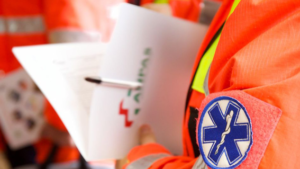
BIlancio Sociale per la Pubblica Assistenza Società Riunite di Pisa
-
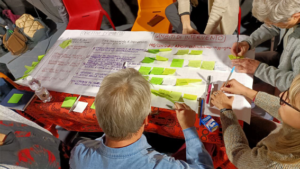
Consulenza organizzativa per la revisione strategica dell’organizzazione CISV
-
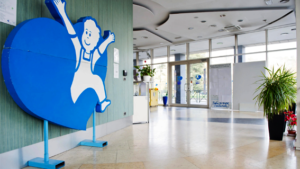
Analisi organizzativa e supporto all’elaborazione di un piano strategico per UGI
-

Consulenza organizzativa su Cultura Cooperativa per Gruppo Banca Etica
-
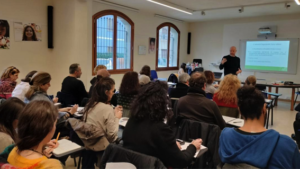
Consulenza organizzativa e percorsi partecipativi per Fondazione Caritas
-
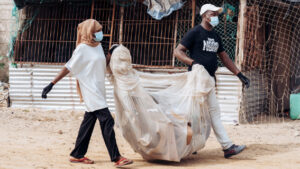
Supporting an enabling social enterprise ecosystem in Senegal
-
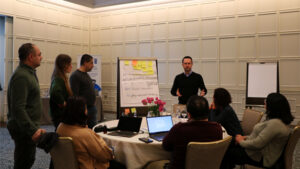
Developing enabling social enterprise ecosystem in Azerbaijan
-
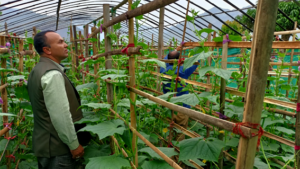
Development of the spices and seeds value chains to foster youth and women empowerment in Nepal
-
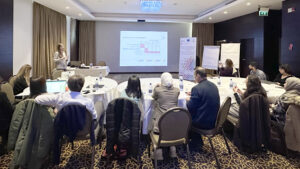
MedRISSE, social innovation and Social and Solidarity Economy policies in the Mediterranean
-

SIRCLES, fostering inclusive employment opportunities in the Circular Economy sector
-
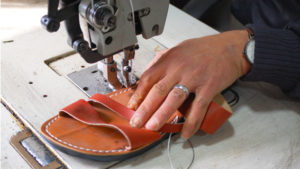
Peace Steps in Palestine : mid-term evaluation & Support to the creation of an Ethical Charter
-
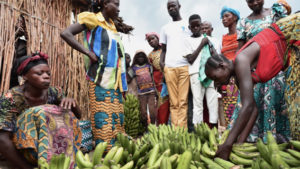
Creating social business to develop the agro-industrial supply chain in Senegal
-

Mid-term Evaluation of the project to foster enabling ecosystems for social enterprises in the MENA Region
-

SROI analysis for the Consortium COOB in Tuscany
-
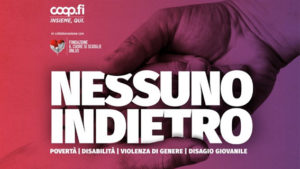
Social Impact Assessment of Nessuno Indietro, the project that supports Third Sector bodies amid pandemic in Tuscany
-

Social Report for the year 2018 of the Fondazione Opera Santa Rita
-

Social Impact Assessment of children’s protection programmes in Kyrgyzstan
-
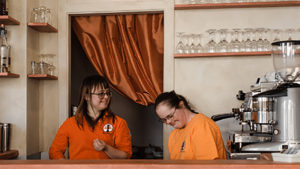
SROI Analysis, Albergo Etico social performance
-
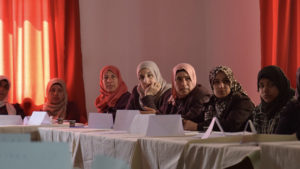
Promoting inclusive business and social entrepreneurship in Palestine
-
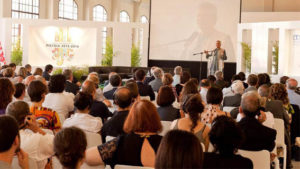
Promoting social business at the local level: Pistoia Social Business City
-

SROI analysis of Ronald McDonald Houses
-
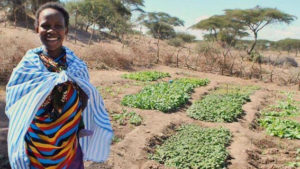
Market analysis of social businesses in Mozambique and Tanzania
-
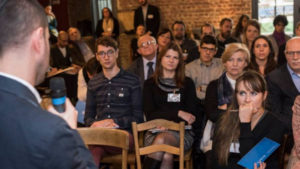
The European research project to develop social entrepreneurship and social enterprises